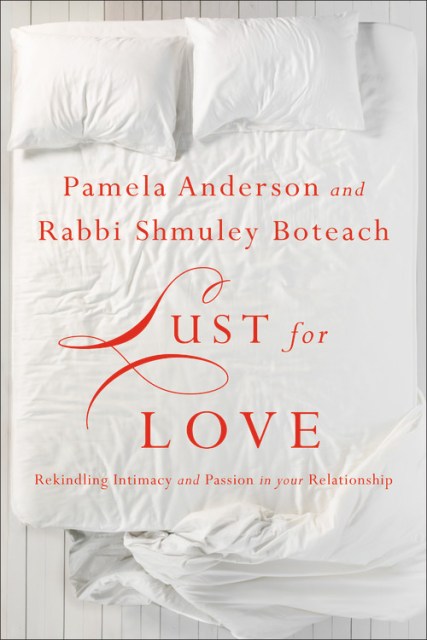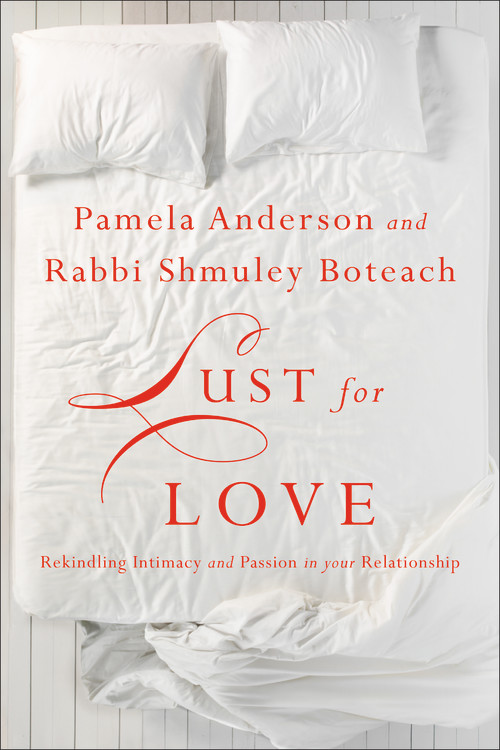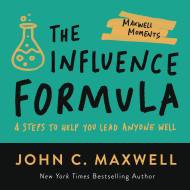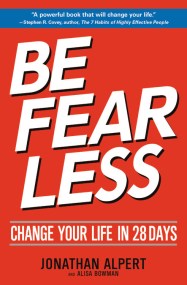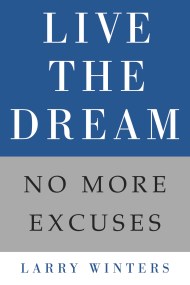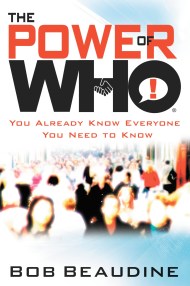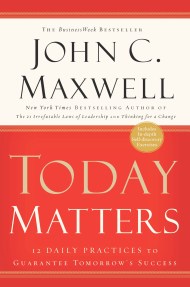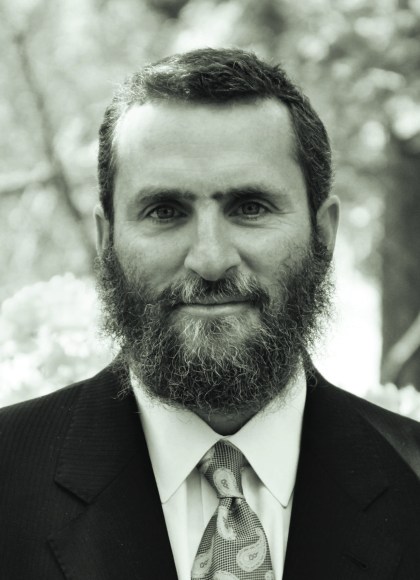Promotion
Use code MOM24 for 20% off site wide + free shipping over $45
Lust for Love
Rekindling Intimacy and Passion in Your Relationship
Contributors
Formats and Prices
Price
$27.00Price
$35.00 CADFormat
Format:
- Hardcover $27.00 $35.00 CAD
- ebook $13.99 $17.99 CAD
- Audiobook Download (Unabridged)
This item is a preorder. Your payment method will be charged immediately, and the product is expected to ship on or around April 24, 2018. This date is subject to change due to shipping delays beyond our control.
Also available from:
Sex is dying in America. Inundated with sex and starved for it, obsessed with it yet clueless about it, we are slowly forgetting how to make love. The crisis of modern sexuality is seen in high divorce rates, in the degradation of sexuality through pornography, and tasteless displays of empty, counterfeit erotica. Most of all, it’s seen in sexless marriages and platonic relationships where cybersex has become more addictive than the real thing. Sex has become so trivialized, coarsened, and vulgarized that couples no longer feel its pull. The once powerful and irresistible magnetism of sex is being diluted and drained.
The authors propose replacing the 1960s’ sexual revolution with a new sensual revolution, a rediscovery of intimacy that encourages and ennobles human relationships, elevates healthy lust, and gets us from looking up from the glowing screens of our smartphones to the people around us, most especially the people we love the most.
Lust for Love embraces the idea that what our most important relationships need most is lust. It is necessary to rediscover what’s sexy again, how to bring back romance, and to understand that in addition to love, we need lust to repair our unfulfilling sex lives and broken relationships. Lust for Love proposes a return to what lovemaking was always meant to be: a desire to know and experience another person in the deepest possible way.
Genre:
- On Sale
- Apr 24, 2018
- Page Count
- 304 pages
- Publisher
- Center Street
- ISBN-13
- 9781478992783
Newsletter Signup
By clicking ‘Sign Up,’ I acknowledge that I have read and agree to Hachette Book Group’s Privacy Policy and Terms of Use
